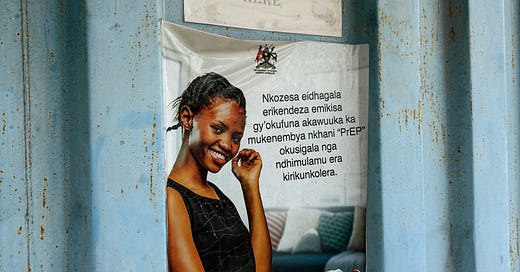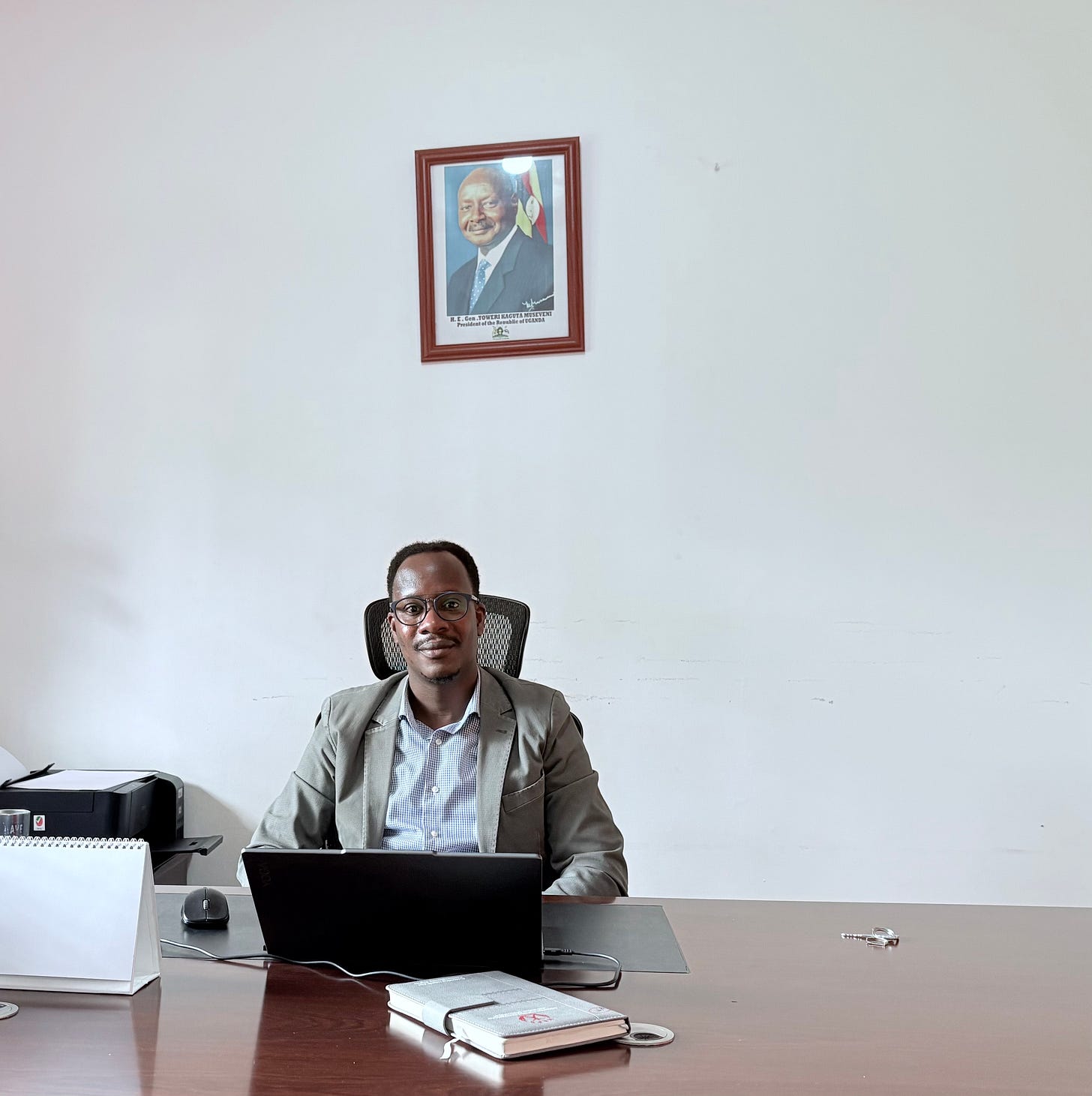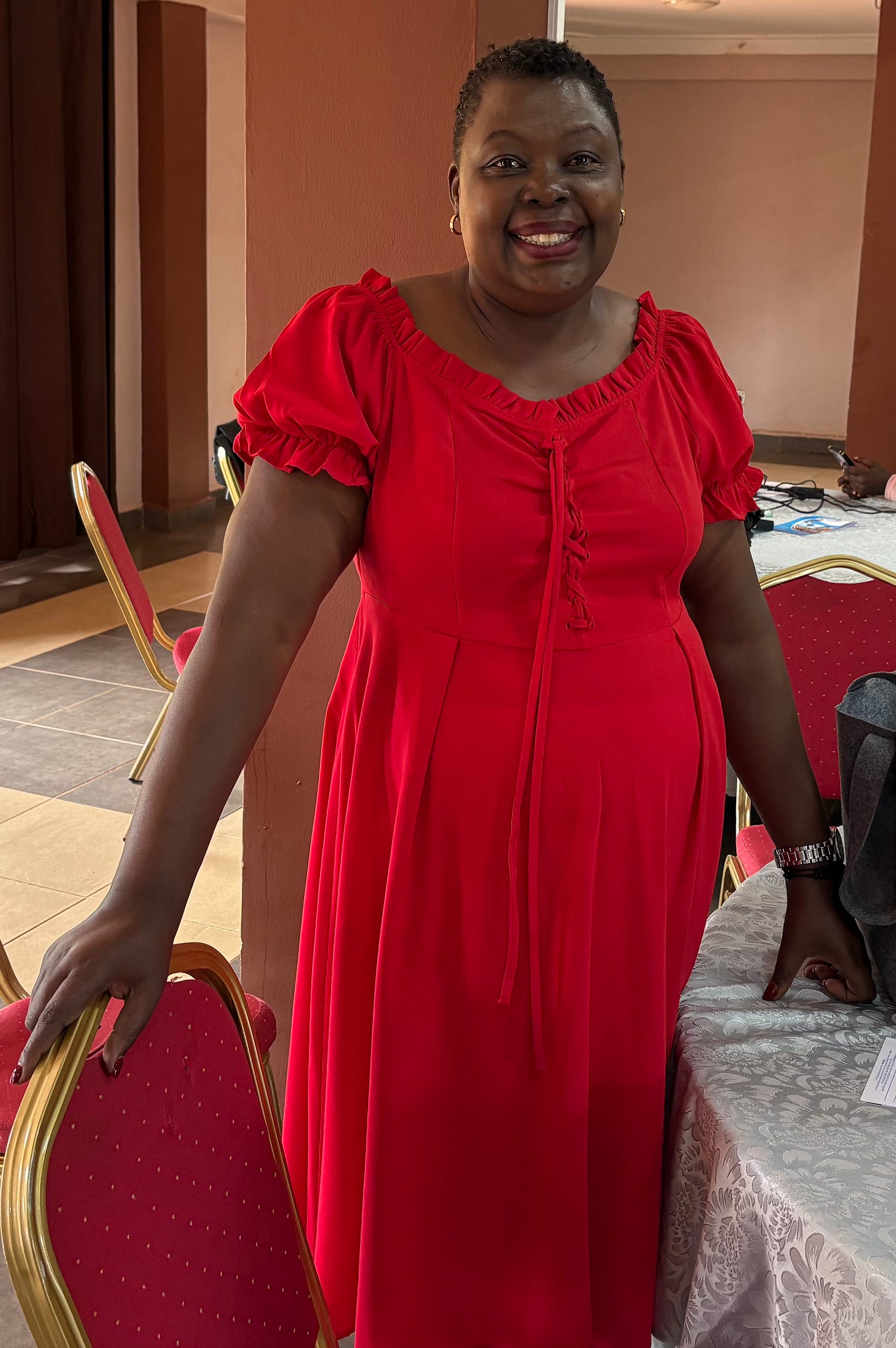The quiet disappearance of the COP
Country operational plans are crucial to running national HIV programs. So why hasn't the Trump administration requested them?
In Uganda, health officials and HIV experts should be readying themselves to defend their country operational plan. Except the Trump administration has not asked them to draft one. Few people, admittedly, have ever heard of the document. Among those who have, there is real uncertainty about whether the country’s HIV response can continue without it, though. And a sense of foreboding that this might be the point.
A COP is required of nearly every country that receives money from the President’s Emergency Plan for AIDS Relief. Its purpose is manifold.
It assesses a country’s progress toward ending its HIV epidemic. It compels government officials, HIV advocacy organizations and people living with the disease – including the most marginalized communities – to collectively agree on how they intend for that response to progress. And it then requires them to map out, exhaustively, how they will actually advance toward those intentions within the budget authorized by the U.S. government. This money, to be clear, is the bulk of the funding for the country’s HIV response.
A COP takes several grueling months to construct and, at least here in Uganda, involves hundreds of people. Indeed, the process has proven so diverting for so many key players that it was changed from an annual to a biennial activity in 2023 to afford people the time to actually get on with their work.
Early April marks the point in the process when COP drafts should be completed. Country teams should be preparing to travel to South Africa to meet PEPFAR officials flown in from Washington, D.C. After a week of interrogations and revisions, a final version should emerge.
A regular COP participant here in Uganda describes that document as the Bible that will illuminate the next two years of the country’s HIV response.
Except there has been no communication from Washington about the COP since President Trump took office. Not just in Uganda, but are far as I can tell, anywhere. The HIV community here does not know whether to interpret that as indifference. Contempt. A signal that the administration is prepared to allow PEPFAR to simply erode.
Within the constellation of HIV organizations that participate in drafting Uganda’s COP, there is a core group of leaders at the center that includes Kenneth Mwehonge. He heads the Coalition for Health Promotion and Social Development, which gets shortened to HEPS.
“We’re counting up to September,” when the current COP expires, he tells me. “What then? Is the program not running? What is the guidance on what we should be doing?”
There is some speculation that Washington might just hand down a COP without consultation. That could be worse than no COP at all.
COP by fiat was the process in PEPFAR’s early days, when the plan was still called a blueprint. The drafting process has evolved in the years since to reflect an understanding that to most effectively deliver services, Washington needs to involve the people who will be using them. In Uganda and elsewhere in sub-Saharan Africa, that includes criminalized communities, including sex workers and gay men.
Lillian Mworeko says this forced “negotiations between countries and communities. The relocation or allocation of resources would be based on that.” Mworeko, a formidable woman who runs the International Community of Women Living with HIV Eastern Africa, is another COP stalwart.
Everyone, including PEPFAR officials, agrees that these engagements strengthened the country’s HIV response. And inviting members of those communities into discussions with government officials proved even more broadly transformative. Ministry of health officers suddenly had to engage people typically excluded from official meetings. To listen as they articulated their rights and their demands.
“COPs changed when they opened up to consult with the community meaningfully,” Mwehonge tells me. “The government has adopted that mindset,” extending it beyond the COP process. “In the development of strategic plans, policies, they didn’t value us before. Now they’re willing to reach out to us. This is all to the U.S. government’s credit. We wouldn’t be here.”
He is uncertain of how deeply entrenched this commitment is, though. If the COP discussions end, it could presage a retreat from the broader community engagement they have promoted.
There is talk of China or Russia stepping in to replace America’s role in the HIV response. But those governments “don’t have the same principles,” he says. “The dignity of all has been upheld. We’re treated equally. That will go.”
The COPs also demand accountability. Officials and activists must evaluate their progress. They must reckon honestly with any shortfalls. This expectation has again come to permeate the country’s broader HIV response. Mwehonge fears it, too, will recede.
Mworeko shares these worries, but has more immediate concerns about the quiet disappearance of the COP.
“Who is doing the planning?” she wants to know. “Who is deciding? Who is engaging in terms of making those decisions and priorities?” It is certainly not her or anyone else she is in contact with.
Her expectation is that the Trump administration will continue its demolition of the global HIV response. She told me this even before the purge this week of the U.S. Centers for Disease Control and Prevention’s global HIV department. That division oversaw a range of PEPFAR programs. It is now unclear who is left to actually administer them.
By the time this process concludes, Mworeko suspects there will be no need for a COP.
“For me, the crisis is bigger than anybody thinks.”








How sad. What a telling comment when it is suggested that the US has, in the past, treated all with compassion and that is why Russia and China are viewed with skepticism . Now the US can’t be trusted to stand by its principles. Thanks for the story.